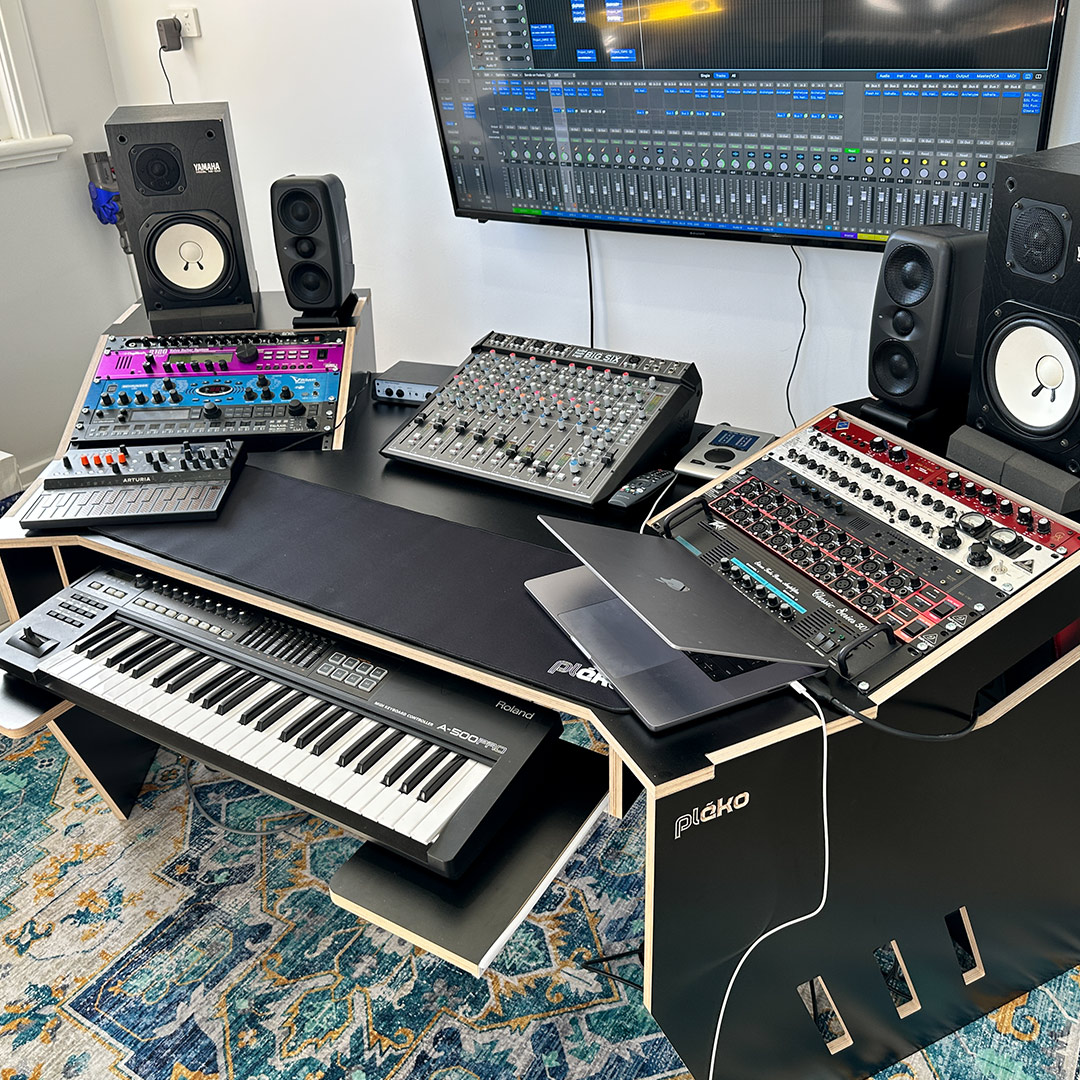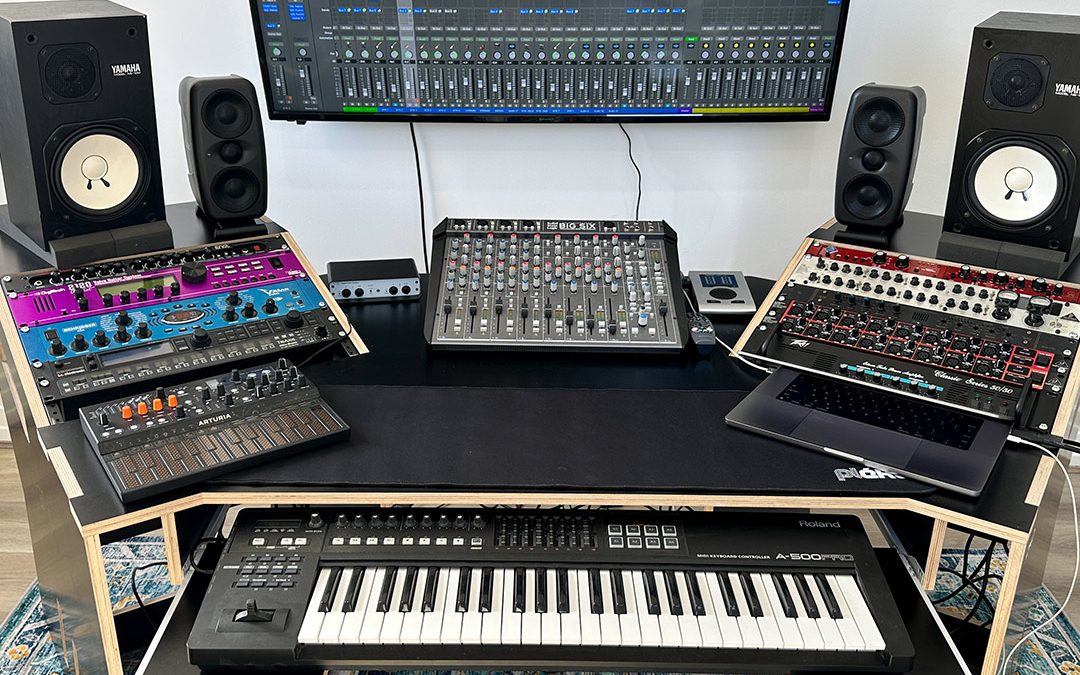We talk regularly to music professionals to gain insights into their buying habits – what they need and what kinds of problems they’d like solved to make their jobs easier and more streamlined.
One of the profound changes we’ve discovered over recent years is that a large number of professionals in the music studio services industry have moved away from renting or owning a commercial business space and are opting for a home studio.

We immediately wanted to know why this was happening – the short answer was Covid. For many, Covid meant the demise of their business, at least for 2020 and 2021. Many still haven’t really recovered financially and some have made a career change as a result.
Whilst the music industry is slowly recovering from the extended shutdowns that occurred, this growing trend towards home studios means that music professionals can run a leaner business with less overheads. It’s possible to be a mixing or mastering engineer with a decent sized extra bedroom, bungalow or converted shed and the added convenience of not having to commute is a plus.
Home studio spaces are often smaller than a commercial space and therefore require some thought and planning to fit within these constraints. Ensuring they are acoustically treated for an accurate listening space as well as having a good workflow by adding functional and comfortable furniture and storage. We’ve found that one of the key items music professionals are looking for is studio furniture that maximizes and utilizes a small footprint. Key requirements for many musicians are to have plenty of space to house their music gear, a small physical footprint and a great ergonomic design.
We have designed a number of space saving and ergonomic desks to suit the needs of music professionals in 2024 such as the Apollo Mastering Desk, the Neptune Studio Desk and Zeus Angled Desk.


Recent Comments